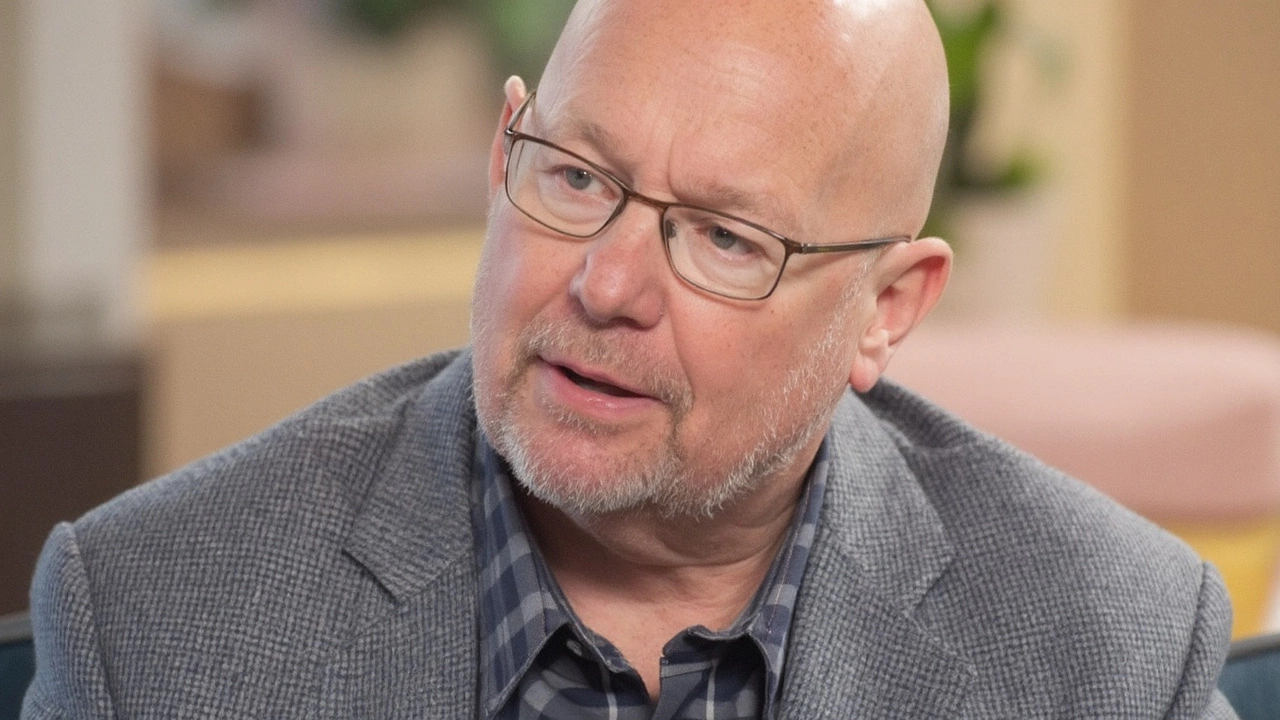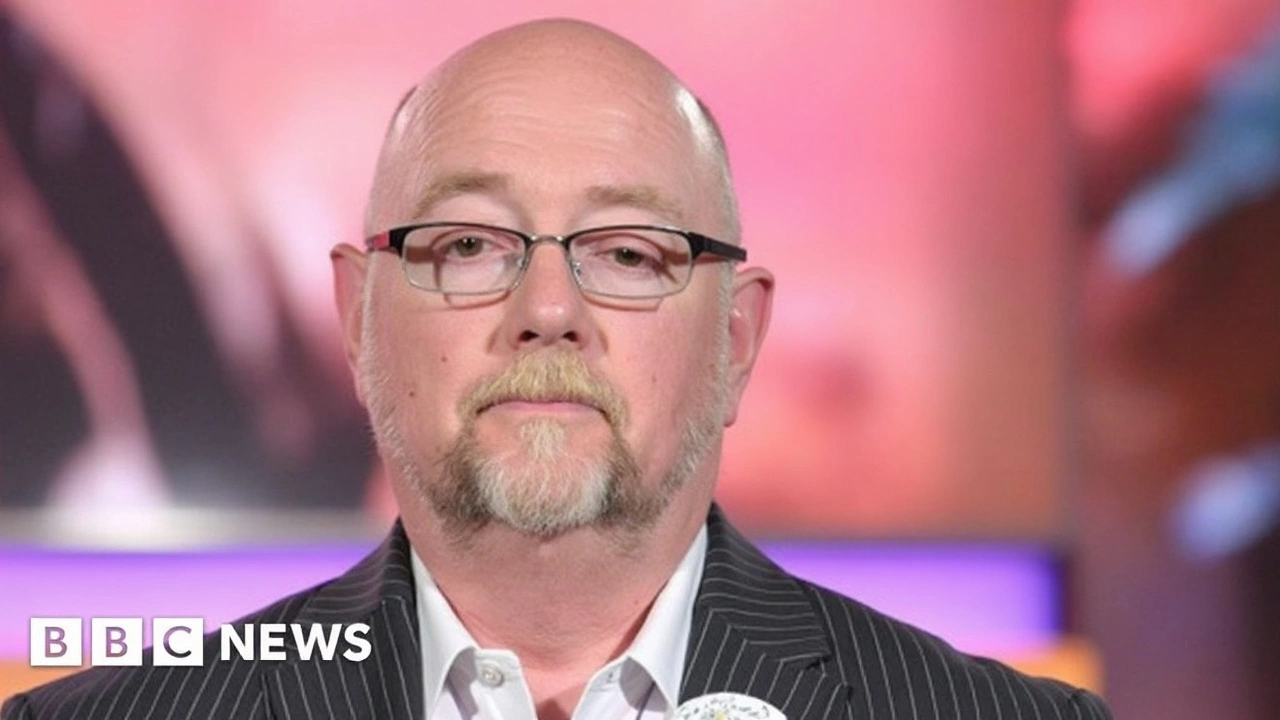James Whale Faces Backlash After Interview With Sexual Assault Survivor
It takes guts for anyone to speak up about sexual violence, especially live on air. In August 2018, that trust was shattered for journalist Nichi Hodgson when she dialed into a James Whale show on TalkRadio to share her experience as part of a conversation about the #MeToo movement. Instead of being met with empathy, Hodgson found herself on the receiving end of ridicule and dismissive questions, sparking outrage across the UK media landscape.
Hodgson, who recently endured a traumatic sexual assault, recounted her story of being attacked in a London black cab. She hoped the conversation would shed light on women's real-world experiences with sexual violence. But Whale’s reaction left listeners stunned. He mouthed “orally raped” and laughed, a moment many listeners describe as nothing short of humiliating for Hodgson. Things got even worse as Whale pressed her on why she hadn’t gotten her attacker’s phone number or the cab’s registration—questions that felt more like an interrogation than an interview.
To top it off, Whale challenged the integrity of the police investigation into Hodgson’s case, raising doubts about CCTV evidence without understanding the technicalities behind data deletion protocols. His dismissive tone and prodding made Hodgson feel, in her words, "interrogated, ridiculed, and having her journalistic integrity questioned." For listeners, it struck a raw nerve—many saw it as a textbook case of victim-blaming.

Outcry, Complaints, and Industry Response
The broadcast quickly prompted 37 formal complaints to Ofcom, the UK's media watchdog, and drew condemnation from advocacy groups, listeners, and media commentators. TalkRadio acted fast, calling the segment a “complete lack of sensitivity” and suspending Whale while they investigated. The station didn’t shy away from admitting fault—they cited a string of production and presenter missteps, acknowledging the harm caused and promising corrective action throughout the team.
Ofcom looked into the incident and confirmed what many had already felt: Whale’s interview style not only breached broadcasting rules but could easily discourage other sexual assault victims from coming forward. For victims who already struggle with shame and stigma, hearing a high-profile host mock and question a survivor’s honesty was a chilling reminder of how tough it is to find understanding in the public eye.
In the aftermath, TalkRadio swiftly pulled all traces of the segment from its website and archives. Broadcasters, editors, and producers around the country found themselves having new conversations about how to responsibly cover sensitive topics like sexual violence. For many, this became a wake-up call to put survivor care and dignity first, even in the heat of live radio debate.
The story didn’t just shine a light on James Whale’s actions. It exposed real flaws in the way live media handles victims’ stories—reminding everyone that some lines just shouldn’t be crossed, and some questions really do more harm than good.

Arlen Fitzpatrick
My name is Arlen Fitzpatrick, and I am a sports enthusiast with a passion for soccer. I have spent years studying the intricacies of the game, both as a player and a coach. My expertise in sports has allowed me to analyze matches and predict outcomes with great accuracy. As a writer, I enjoy sharing my knowledge and love for soccer with others, providing insights and engaging stories about the beautiful game. My ultimate goal is to inspire and educate soccer fans, helping them to deepen their understanding and appreciation for the sport.
view all postsWrite a comment